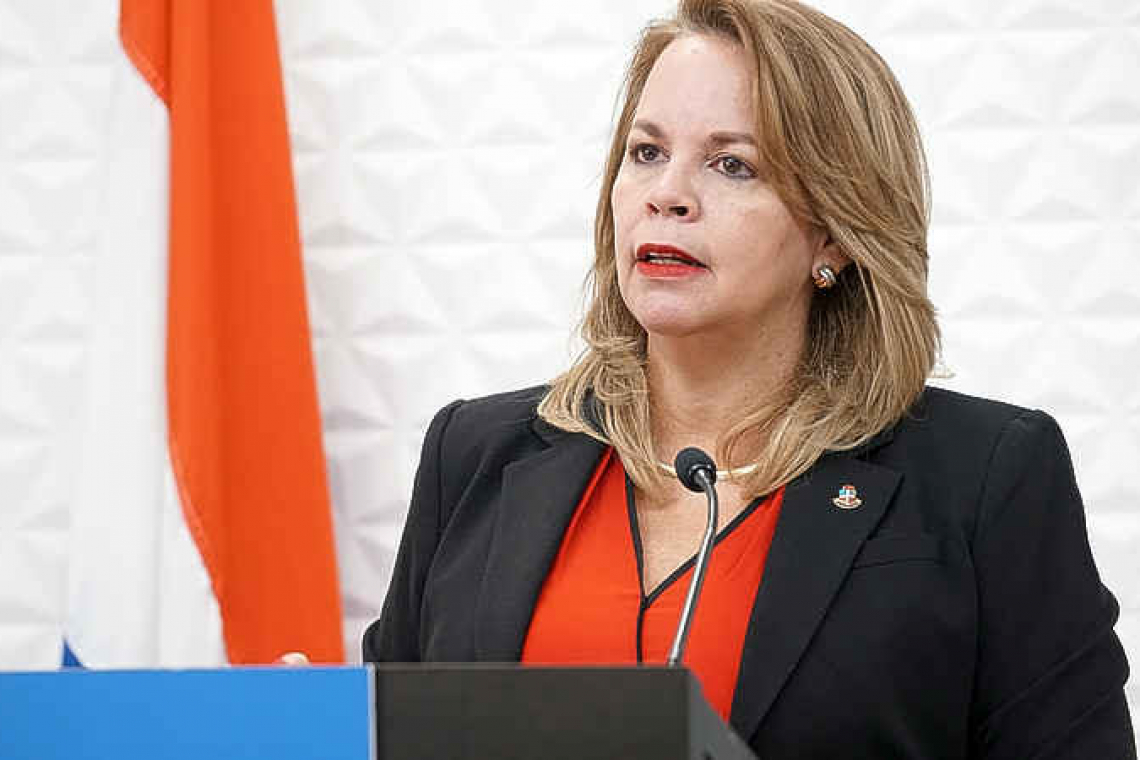ORANJESTAD--Aruba has implemented stricter measures in an effort to curb the number of COVID-19 infections. Among the measures are a limit to the number of restaurant guests at tables, the continued closure of bars and a limit to the number of persons during family or social gatherings. PCR testing for all arriving passengers continues.
In the past weeks, the number of persons infected with the coronavirus continued to rise. Last week, the average number of new cases stood at 21 per day. In the week prior to that, there was an average of 15 new cases per day.
Experts warned that if no stricter measures were implemented, this number could rapidly increase to 60 new cases per day in the course of this week. On Sunday, the total number of active cases was 132. In total, 45 persons have died as a result of COVID-19 since the start of the pandemic.
Last Friday, Prime Minister Evelyn Wever-Croes announced the adapted measures that went into effect the following day, on Saturday, December 5, for a period of two weeks. At restaurants, no more than 8 persons may be seated at a table inside and 10 at an outside table. Dancing is not allowed, and a facemask must be worn when not seated. Bars and rum shops must remain closed.
A maximum of 30 persons are allowed at family or social gatherings in an inside setting, and 60 when the venue is outside. Here too, no dancing is allowed and facemasks must be worn. Sport events can continue, but without public. Music bands may not perform with more than three band members. Music must be stopped when people get up to dance.
At funerals, 30 persons may gather at the same time, be it while wearing a facemask. When shopping at stores or supermarkets, people are urged to come alone, meaning one person per family. Facemasks are obligatory inside.
The Polymerase Chain Reaction (PCR) test remains in effect for all arriving passengers, including returning residents. This test may be taken abroad, before travelling, or upon arrival at the airport. “This virus doesn’t make distinctions among nationalities, so it is important that everyone cooperates and respects the rules when returning to Aruba,” the prime minister said, making an appeal to the local population.
Wever-Croes also appealed to residents to go into voluntary home-quarantine for 10 days upon return to the island, even when the PCR test is negative. Home-quarantining is not obligatory, but it was urgently advised to do so, or when this was not possible due to work, it was advised to keep distance from other people, to wear a face mask and to wash hands often.
In the meantime, some 12 medical institutions have asked Dutch State Secretary of Home Affairs and Kingdom Relations Raymond Knops to revoke the measures that were implemented for the medical sector as part of the agreement between Aruba and the Netherlands.
The Dutch government in its conditions demanded that Aruba cut 5 million Aruban florins per month from the general health insurance office AZV until further notice. The medical institutions want a fairer and better arrangement. They have brought their case to the state secretary before, but received no positive reply.
The institutions say that cutting the AZV budget will have an adverse effect on the already strained medical sector, and will put the institutions in the situation of having to go into “survival mode.” A letter with a similar message was also sent to the Aruba Committee for Financial Supervision CAFT.







